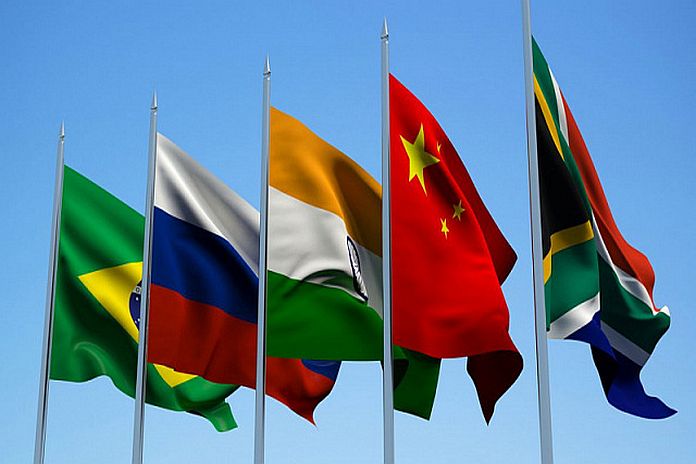MOSCOW, Russia, (TV BRICS) – Many people know that the acronym “BRICS” can be deciphered as the names of the main participants of the interregional association: Brazil, Russia, India, China and South Africa.
These five states form an organisation that is designed to bring diversity to the global political space and change the balance of power on the world stage. BRICS is an alternative to such organisations as, for example, the Group of Seven (G7), which includes the UK, Germany, Italy, Canada, the USA, France, France and Japan.
However, as a result of the 15th BRICS summit held in August 2023, the bloc is expected to expand. Which countries are invited to join BRICS from 1 January 2024? It is quite a diverse list in terms of its content: Argentina; Egypt; Iran; UAE; Saudi Arabia; Ethiopia.
What does BRICS enlargement mean?
Firstly, it is another additional step towards the development of a global dialogue. Secondly, it will in many ways simplify the interaction between states that previously found it more difficult to get proper representation, the necessary visibility in the diplomatic space. Thirdly, and more importantly, more states are now becoming participants in the international political process. Finally, the expansion of the BRICS means huge improvements on the way to diversifying the current geopolitical space with its problems and difficulties. Over time, these obstacles will become less and less, as the joint political experience of the BRICS member states will make it more effective and easier to meet the challenges.
Stages of BRICS expansion
With all the existing successes, the leaders of the current membership of the association are not going to stop at what has been achieved. It is important to note that more than 20 countries have already rushed to apply for BRICS membership. Among the current candidates to join the commonwealth, there is also the possibility of a new status for such states as Indonesia and Algeria. The correspondent of the Brazilian portal UOL, Jameel Schad, adds that the geographical factor has become one of the most important criteria for choosing new members of the group. It is what is intended to ensure regional balance within BRICS.
To summarise, it should be noted that the growing interest of the international community to participate in interregional and intergovernmental associations cannot be denied. By creating or joining such groups, it is possible to represent regional leaders and their environment in a fairer and more balanced way. Ultimately, everyone has a stake in the growing global interest of different States in each other, and this interaction should be strengthened and supported. International cooperation, supported by blocs or alliances such as BRICS, is a clear indication of the expanding boundaries of international dialogue with a steadily growing number of participants. The principle of joint organisation and mutual assistance is the foundation of BRICS expansion, which guarantees the healthy and successful functioning of the association.





